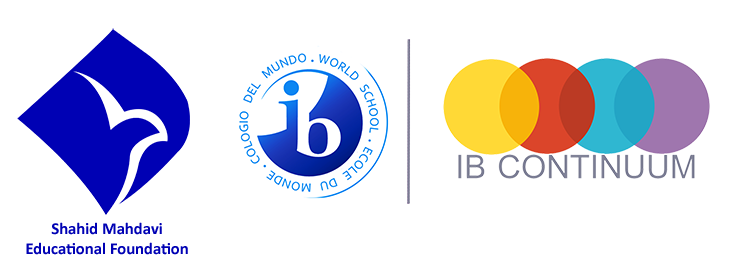Approaches to Teaching and Learning
Grounded in contemporary educational research, the IB’s six approaches to teaching and five approaches to learning guide and focus educators and students in IB World Schools. They play a crucial role in ensuring that the aspirations of an IB education become a reality in the classroom.
The approaches are centred on a cycle of inquiry, action and reflection—an interplay of asking, doing and thinking—that informs the daily activities of teachers and learners. They also place a great deal of emphasis on relationships. This reflects the IB’s belief that educational outcomes are profoundly shaped by the relationships between teachers and students, and celebrates the many ways that people work together to construct meaning and make sense of the world.
Approaches to teaching
The same six approaches underpin teaching in all IB programmes. The approaches are deliberately broad, designed to give teachers the flexibility to choose specific strategies to employ that best reflect their own particular contexts and the needs of their students. In all IB programmes, teaching is:
• Based on inquiry. A strong emphasis is placed on students finding their own information and constructing their own understandings.
• Focused on conceptual understanding. Concepts are explored in order to both deepen disciplinary understanding and to help students make connections and transfer learning to new contexts.
• Developed in local and global contexts. Teaching uses real-life contexts and examples, and students are encouraged to process new information by connecting it to their own experiences and to the world around them.
• Focused on effective teamwork and collaboration. This includes promoting teamwork and collaboration between students, but also refers to the collaborative relationship between teachers and students.
• Designed to remove barriers to learning. Teaching is inclusive and values diversity. It affirms students’ identities, and aims to create learning opportunities that enable every student to develop and pursue appropriate personal goals.
• Informed by assessment. Assessment plays a crucial role in supporting, as well as measuring, learning. This approach also recognizes the crucial role of providing students with effective feedback.
Approaches to learning
Our focus on approaches to learning is grounded in the belief that learning how to learn is fundamental to a student’s education. The five categories of interrelated skills aim to empower IB students of all ages to become self-regulated learners who know how to ask good questions, set effective goals, pursue their aspirations and have the determination to achieve them. These skills also help to support students’ sense of agency, encouraging them to see their learning as an active and dynamic process.
The same five categories of skills span all IB programmes, with the skills then emphasized in developmentally appropriate ways within each programme. The five categories are:
• Thinking Skills, including areas such as critical thinking, creative thinking and ethical thinking
• Research Skills, including skills such as comparing, contrasting, validating and prioritizing information
• Communication Skills, including skills such as written and oral communication, effective listening, and formulating arguments
• Social Skills, including areas such as forming and maintaining positive relationships, listening skills, and conflict resolution
• Self-management Skills, including both organisational skills, such as managing time and tasks, and affective skills, such as managing state of mind and motivation.
The development of these skills plays a crucial role in supporting the IB’s mission to develop active, compassionate and lifelong learners. Although these skills areas are presented as distinct categories, there are close links and areas of overlap between them, and these categories should be seen as interrelated.
![]() copyright
copyright
IB education
What is an IB education?
Published November 2019
Published on behalf of the International Baccalaureate Organization, a not-for-profit educational foundation of 15 Route des Morillons, 1218 Le Grand-Saconnex, Geneva, Switzerland by the
International Baccalaureate Organization (UK) Ltd
Peterson House, Malthouse Avenue, Cardiff Gate
Cardiff, Wales CF23 8GL
United Kingdom
Website: ibo.org ©
International Baccalaureate Organization 2019

